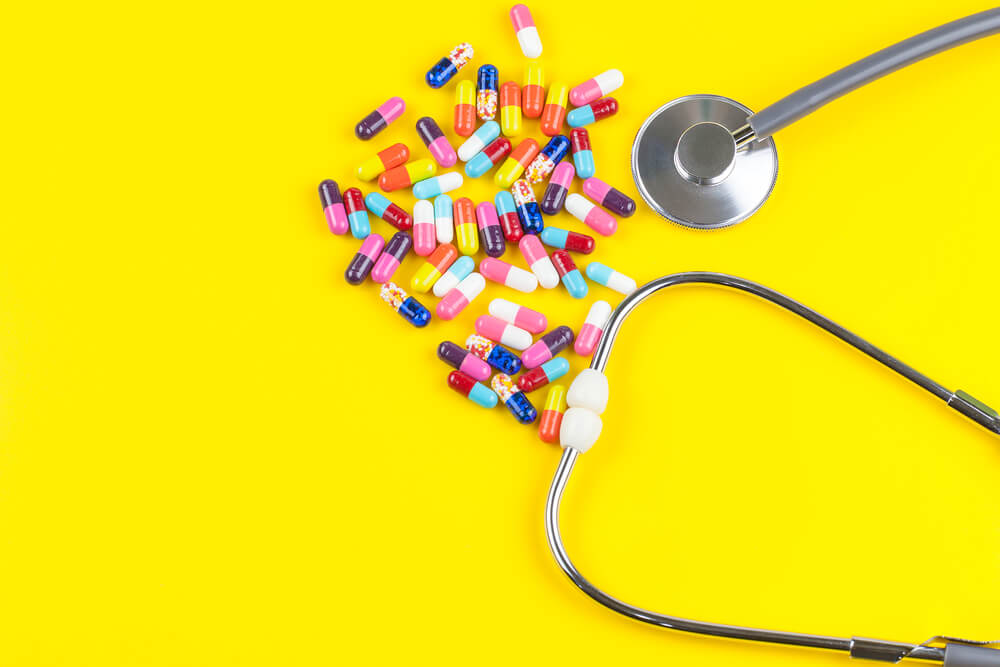5 reasons you should work in drug safety and pharmacovigilance
By 2025, the global pharmacovigilance (PV) market will likely have surpassed a value of $8.9 billion – a number so large it’s almost impossible to conceive. To put that into context, imagine printing this value out on one-dollar bills and stacking them up. The stack would stretch further than the length of the UK.
Now that it’s clear just how much the drug safety and PV market is worth, what is the difference between the two? Drug safety and PV are both concerned with collating and reporting on adverse effects. These may be related to over the counter drugs, disease-specific drugs, or medical devices.
Clearly, the realm of drug safety and PV is broad, but there is one difference. Put simply, drug safety is about being reactive, while PV is centred around proactivity. However, various factors unite professionals working in either sector. These top five reasons to work in drug safety and PV are just a few.
Help to keep the wheels of pharmaceutical companies moving
Pharmaceutical companies would not function without drug safety and PV teams. A head of drug safety has overall responsibility for the PV function, helped by a team of professionals, including drug safety associates. The reactive nature of this field means they highlight the data that will help regulatory agencies decide what drugs will be registered.
Whilst a pharmacovigilance scientist will work alongside a pharmacovigilance manager and pharmacovigilance auditor, supporting the review of pre- and post-marketed product safety data during a product’s life cycle. The PV team proactively scan for adverse events and aim to report those back in an accurate and timely manner.
Essentially, drug safety and PV teams ensure that any drug or device that is on the market is safe for patients.
Work with the top life sciences organisations
Professionals in these markets get to work alongside organisations which are built on decades, centuries even, of research and innovation. Not only that, you could be a part of some of the greatest medical breakthrough in history. And there’s the option to work with world-leading biotech companies, pharmaceutical giants and the top clinical research organisations.
Work in Covid reporting
The coronavirus outbreak highlighted the brilliant work that many people were doing on the front line – helping to save lives, reducing suffering and caring for one another. Life sciences professionals in PV and drugs safety were amongst the many who were working away from the spotlight, supporting some major life sciences companies to develop a Covid-19 vaccine.
The vaccination was announced as a record-breaker when the first candidate reached trials just 69 days after SARS-CoV-2 was identified as the causative agent. Now the roll-out for Covid-19 vaccinations is well underway, and there's the demand for professionals who can help identify side effect presented in patients. And, with vaccine development to remain an important function within life sciences, there will always be the need for these professionals.
Choose a permanent or contract role
As many people will have experienced during the pandemic, flexibility in your job can be the key to achieving a better work-life balance. Life sciences professionals who choose to work in drug safety or pharmacovigilance can choose just how much flexibility they get.
When weighing the benefits of contract vs permanent, there are a few things to consider. Firstly, contracts within drug safety and pharmacovigilance can vary from four weeks to three years - depending on the project. Permanent jobs are less flexible in terms of duration, however, as they can vary in terms of how your time is split between remote working and the office.
The chance to make a difference
There are so many benefits of working in drug safety and pharmacovigilance, but perhaps the greatest reason of all is the chance to make a difference. Many people who work in these industries have either studied a life sciences degree at university or have some higher education qualifications that are relevant, so they have already set out to have a positive impact.
With the drug safety and pharmacovigilance markets growing, there have never been more opportunities to build a meaningful career for yourself.
Apply for your next job with Quanta
If you’re ready to take your next career move, Quanta can help. We’ve been providing recruitment support to the life sciences sector since 2002 and are proud to be recognised for supplying the very best life sciences talent to organisations around the globe. We have positions across the UK, Europe and USA - browse the drug safety and pharmacovigilance jobs and get your application started. Can’t find what you’re looking for? Submit your CV and we’ll be in touch with the latest opportunities.
Are you looking for candidates to join your drug safety and pharmacovigilance teams, you can submit a vacancy or contact us to speak to a member of the Quanta team.





.png?v=ef657cde43ba24ed87f5c9cd2335343e)
.png?v=9e806bf3adf73e8c54ae39397e40f59f)
.png?v=f4415dae74d7fb166af53f9c3a40a76a)